The increasing possibility of using holograms, potentially even AI-generated ones, to create digital representations of deceased celebrities is causing a stir in Hollywood. Country music icon Dolly Parton and actress Whoopi Goldberg have both voiced their strong opposition to this technology, raising concerns about the ethical implications of such digital immortality.
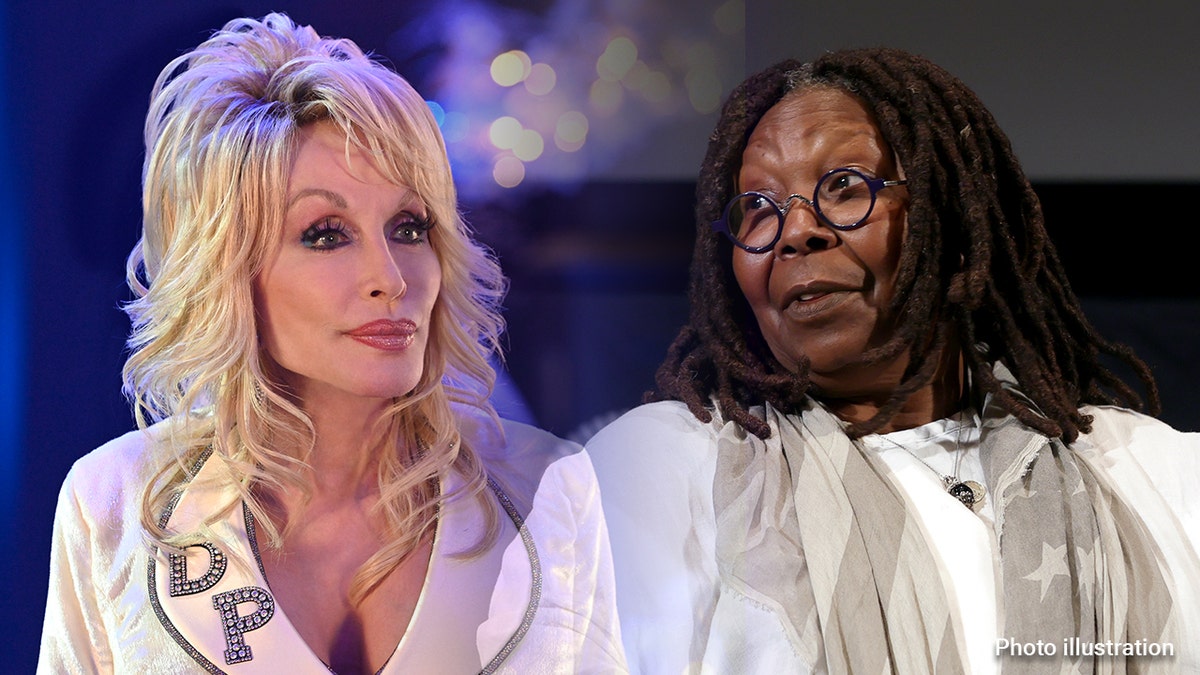
Dolly Parton and Whoopi Goldberg have expressed their unwillingness to be recreated as holograms after their passing. (NBC / Michael Loccisano / File)
Legal expert Abe Lichy, partner and chair of the intellectual property practice at McLaughlin & Stern, points out the difficulties celebrities face in protecting their image and likeness from post-mortem hologram use, particularly in the age of rapidly advancing AI technology. Current laws offer limited protection, and the issue remains largely dependent on the specific regulations of the celebrity's state of residence at the time of death.
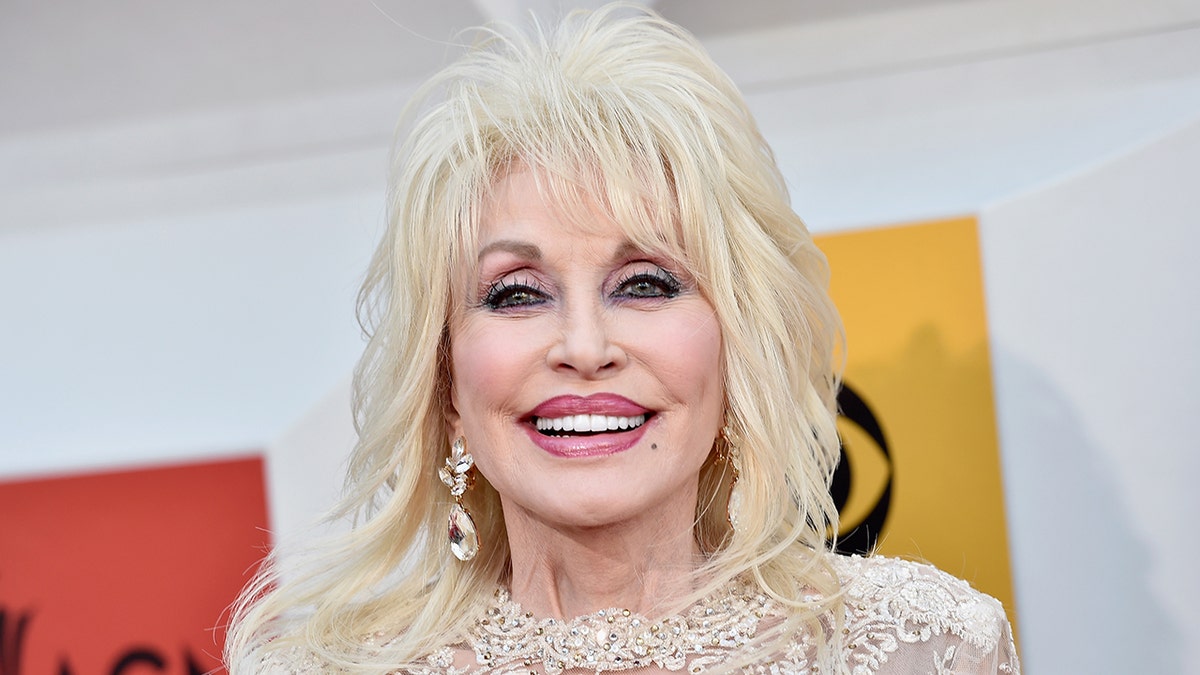
Dolly Parton has stated her desire not to have her "soul left on Earth" through digital recreations. (David Becker / File)
Parton, known for her extensive body of work, expressed disinterest in following the path of ABBA's virtual concert, stating her preference to leave behind a tangible legacy rather than a digital ghost. She voiced concerns about being "grounded here forever" through such technology.
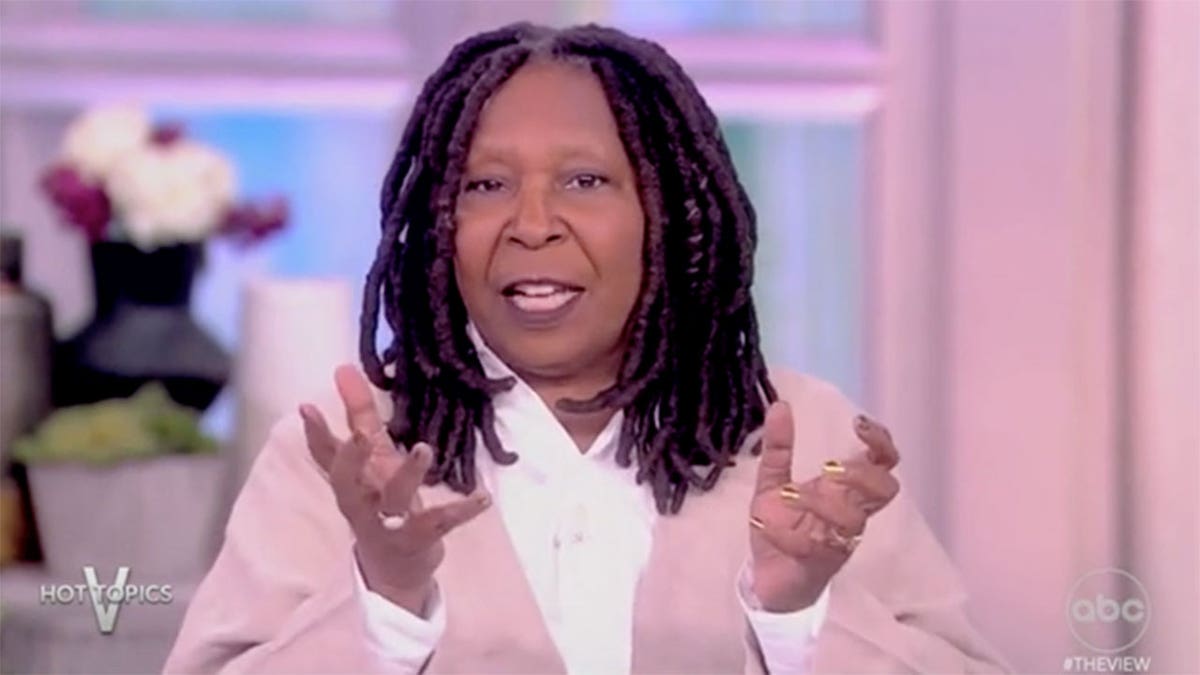
Whoopi Goldberg shared her perspective on holograms during an episode of "The View." (Screenshot / ABC / The View)
Goldberg's stance is even firmer, having included a clause in her will 15 years ago explicitly forbidding the creation of a hologram of herself. She expressed discomfort with the idea of such posthumous representations, citing the 2012 Coachella performance featuring a hologram of Tupac Shakur as an example of the "freaky, creepy" nature of the technology.
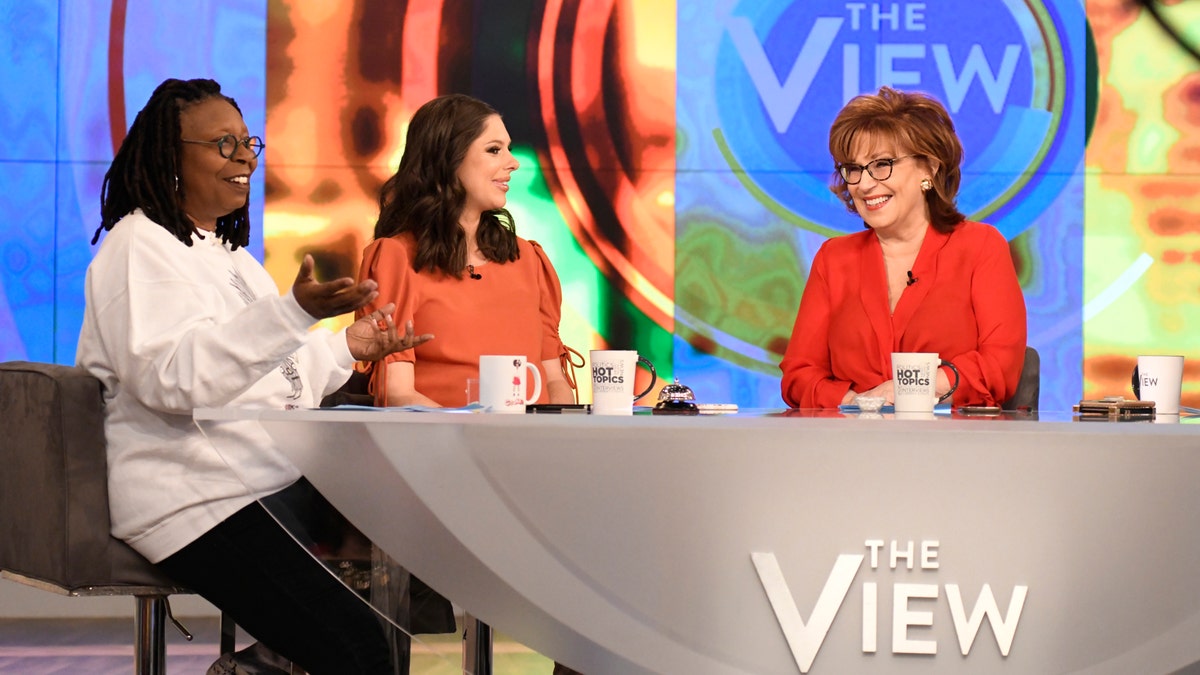
Whoopi Goldberg has taken legal measures to prevent the use of her likeness in AI-driven projects after her death. (Paula Lobo / Disney General Entertainment Content / File)
Lichy hopes this debate will prompt lawmakers to establish clear national copyright standards regarding post-mortem image rights. He emphasizes the limitations of current copyright protection and the potential for misrepresentation of an artist's work through AI. He also highlights the potential loss of the "human imperfection" that makes artistic performances unique and relatable.
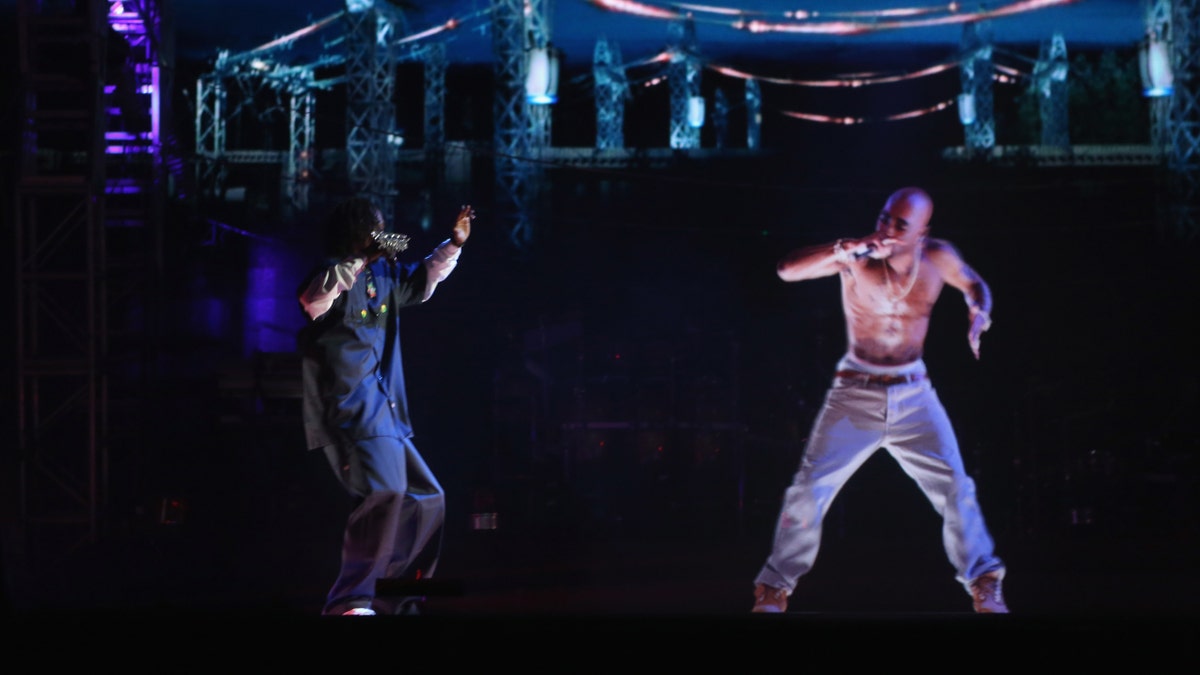
Snoop Dogg performed alongside a hologram of Tupac Shakur at Coachella in 2012. (Christopher Polk / Getty Images for Coachella / File)
The Recording Industry Association of America (RIAA) supports the artists' right to control their image and likeness, emphasizing the importance of consent, especially with AI technologies that could potentially exploit their identities for commercial gain.
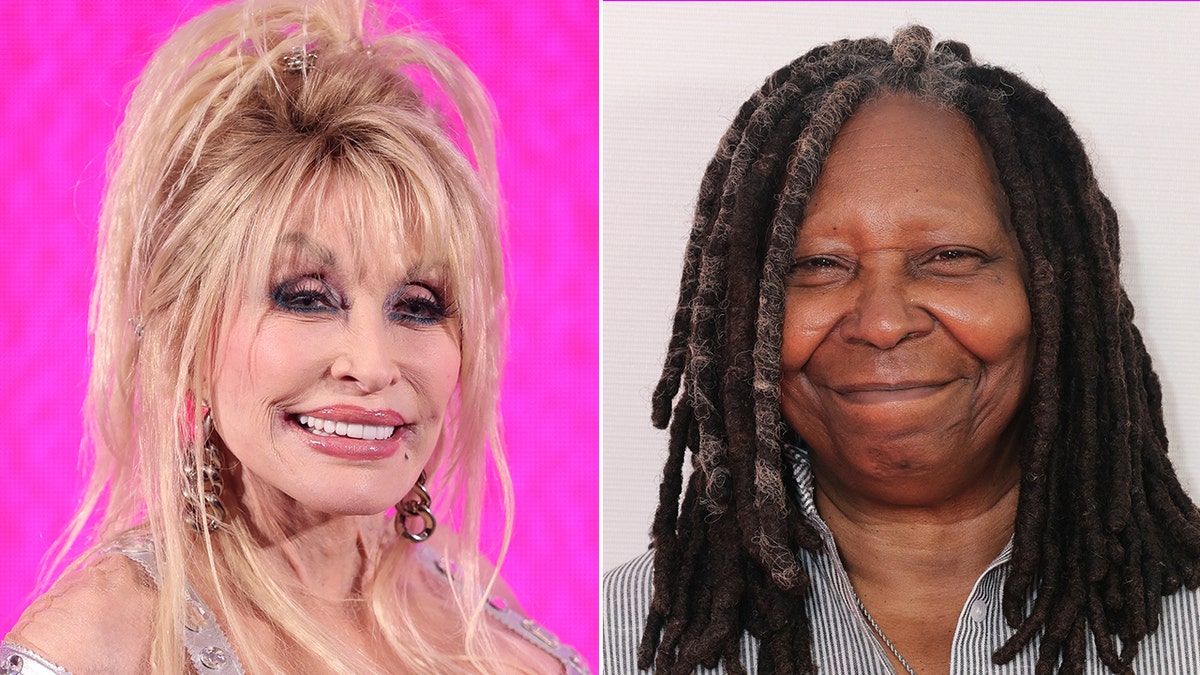
Both Dolly Parton and Whoopi Goldberg are against the idea of digital immortality after death. (Mike Marsland | Michael Loccisano)
Lichy believes that Parton and Goldberg's resistance stems from a desire to maintain control over their legacies and prevent the misrepresentation of their artistic identities through potentially flawed digital recreations.
Comments(0)
Top Comments